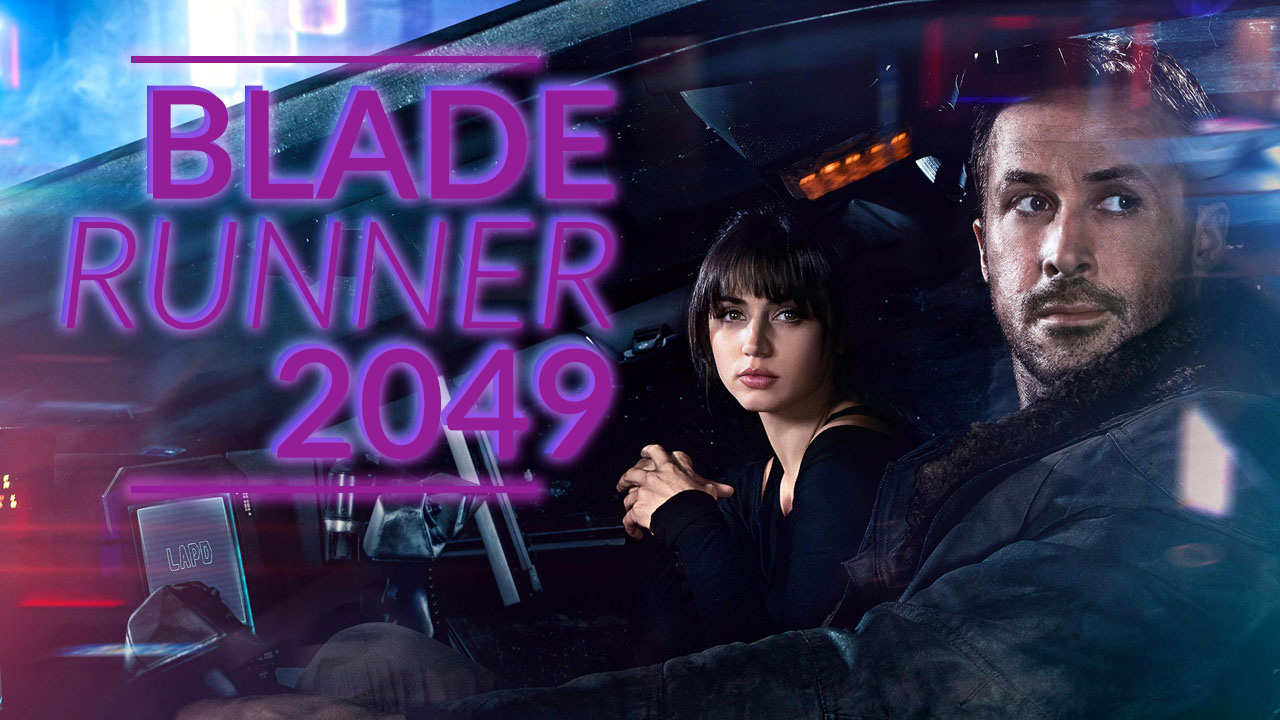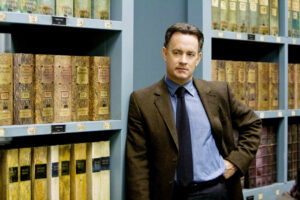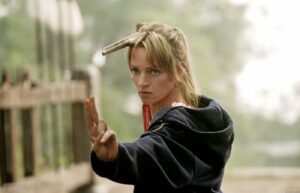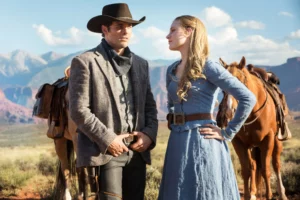In 1982, Ridley Scott revolutionized the world of film science fiction, a world that in those years was constantly evolving, creating a film that was able to unite past, present and future.
Strengthened by an important literary base like the one of Master Philip K. Dick, “Blade Runner” presents a future world with dark scenes and places, almost noir, completely different from the real world but, at the same way, in which we could easily immerse ourselves.
The luck of “Blade Runner” is not just due to an engaging storyline with philosophical themes and iconic characters but, above all, it is the example of doing science fiction in a completely different way.
When the sequel was announced, a couple of years ago, it was a “shocking” news. Talking about a sequel of a such an important movie and work, which marked an era, in particular in 1982, seemed absurd. In the days we live now, when the past is coming back to the cinemas with numerous reboots and remakes of every kind, the announcement of the second chapter of a film, that didn’t need a second chapter, left a bit hesitant and scared.
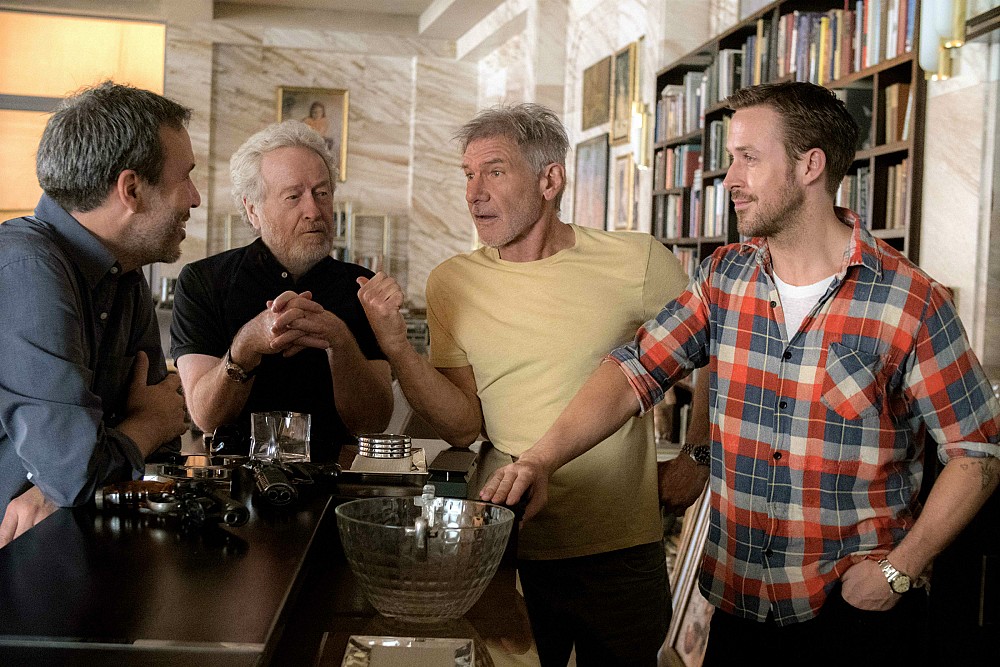
The move to release three shorts to introduce the Blade Runner 2049 by Villeneuve turned out to be brilliant, succeeding in conquering most of the fans and raising everyone’s hype at exponential levels. We should underline the quality of the last short film, a fifteen-minutes cut shot by Shin’ichirō Watanabe (Cowboy Bebop) with the music of Flying Lotus.
So, full of expectations, one of the worst feelings before entering the screening room, the movie finally released on October 5th (in the States it came out on the 6.10, remember this date, just to say…).
When you think of “Blade Runner”, there are three key elements: the setting, the Replicants and the music. And this is the greatness of “Blade Runner 2049”: it’s able to respect all the founding elements of the original chapter, but still adds so much more to it (163 minutes are a lot longer!).
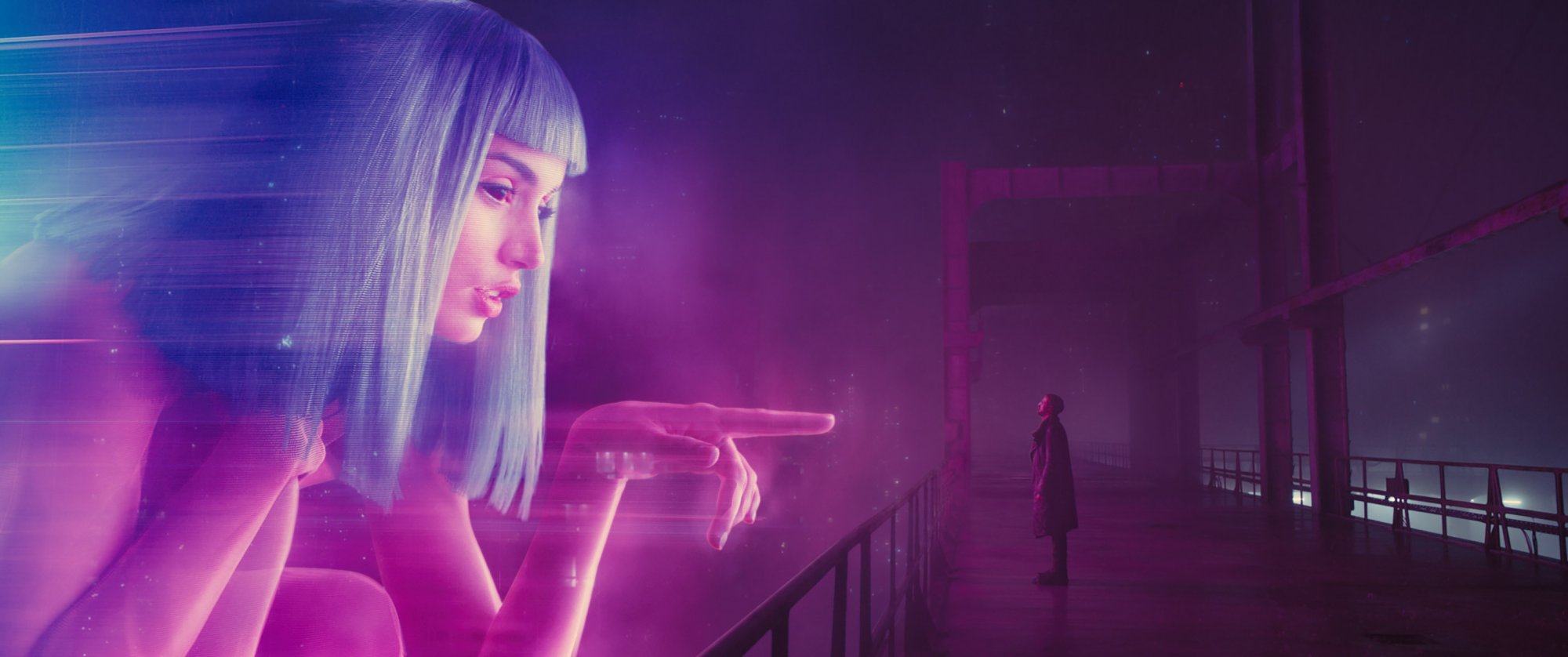
Going in order, the settings. From the first scene, it seems to be back in the streets of a gloomy Los Angeles, with no sunshine, where it always rains (it feels a little bit like Scotland, doesn’t it?), with crowded streets and illuminated signs. And those neon signs are simply the little extra kick. In 1982, the great media billboards with famous brands who recited their sponsors were the little extra kick that bonded that future to the Earth we know, to make it more recognizable. In 2049 they can bond the spectator to the future he is seeing, but at the same time to the past.
Replicants continue to be a good starting point for philosophical discussions about the meaning of being human or about the essence of the Ego, creating so the perfect face to represent the eternal man-machine fight. In the original Blade Runner, the fight was the one between Rick Deckard (Harrison Ford) and a group of Replicants who came to Earth illegally to convince their creator to extend their lives. Therefore, the core was in the physicality of the machine, in its death and in the sense of life.
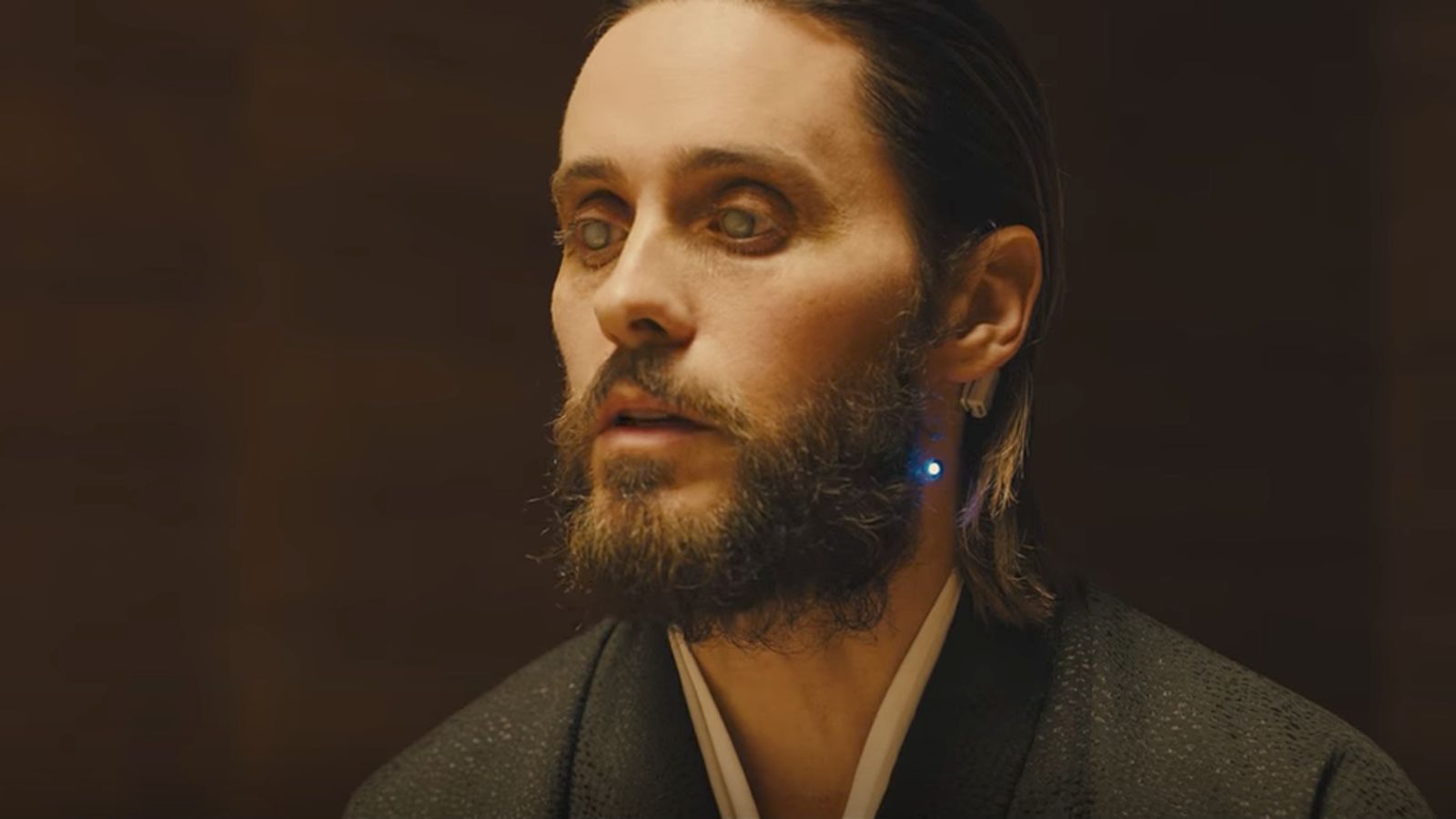
In “Blade Runner 2049” Villeneuve points more to the mind of the machines, on the feelings, the memories, the emotions, building a plot full of tension, reflections and plot-twists, following Agent K (Ryan Gosling) step by step.
As the director said, in an interview before the release of the film, this “Blade Runner” will answer thirty years old questions, and it’s true, but it also lays the foundations for a thousand new questions.
Finally, the music. In 1982, Deckard’s adventures were accompanied by avant-garde music by the Vangelis, which marked all the generations of composers to come. And two of the best composers of our time have raised his legacy. As Villeneuve picked up the legacy of Scott, Hanz Zimmer and his inseparable Benjamin Wallfisch (“It”), he followed the footsteps of Vangelis.
Initially, the soundtrack had been entrusted to Jóhann Jóhannsson, the historic collaborator of Villeneuve and composer of “Mother!” but, in the end, the director wanted the music as close to those of the Greek master as possible.
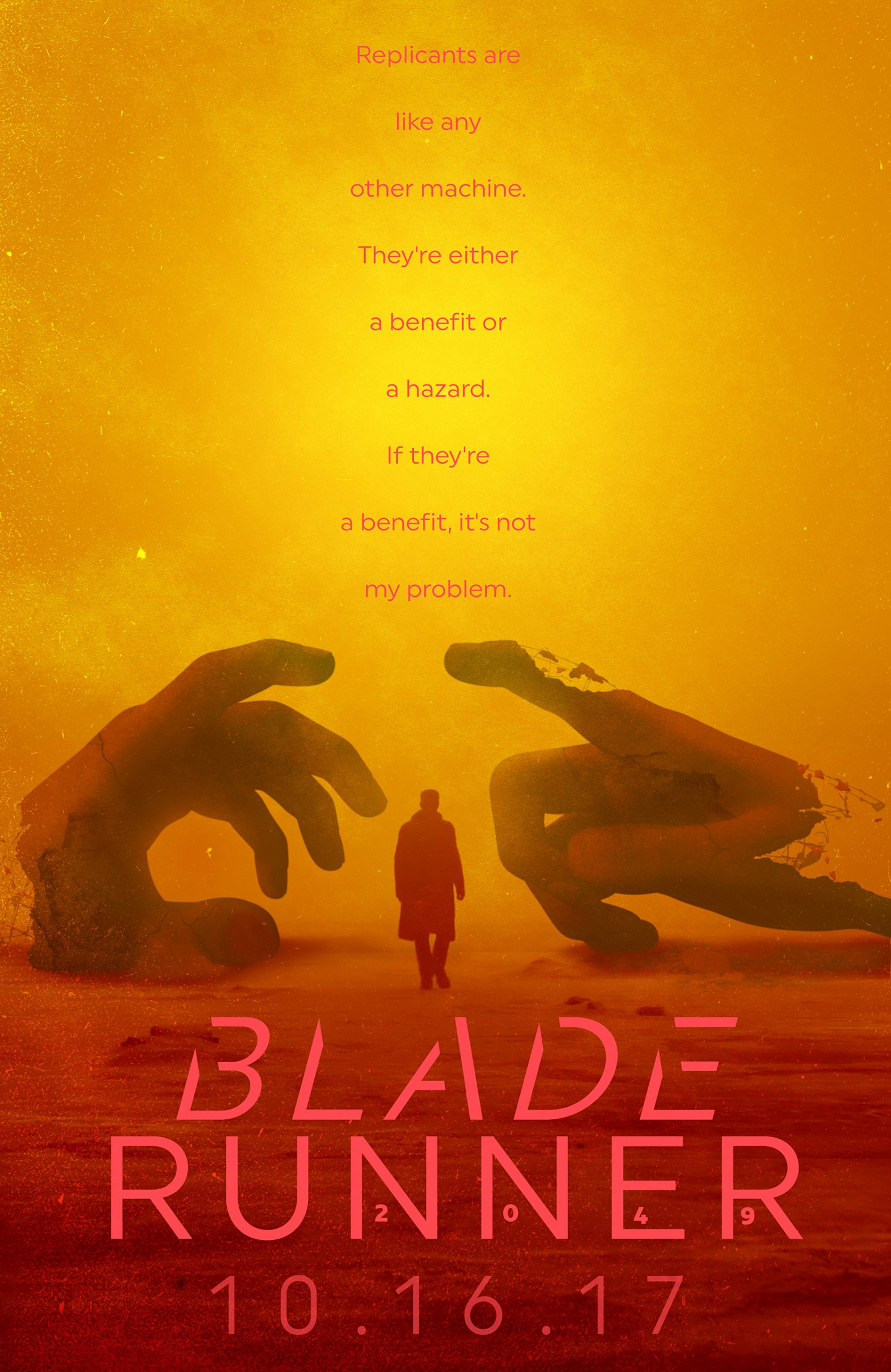
Zimmer and Wallfisch (which together composed the music of “Dunkirk”) perfectly satisfied the demands, creating a soundtrack that combines their style, typically orchestral, with Vangelis’s style. The songs are full of suspense, but sometimes they seemed to be light.
“Blade Runner 2049” is the sequel that Ridley Scott’s work deserves, and it will be very difficult to see any other sequels without thinking about the work of Villeneuve.
At this point, we just have to anxiously wait for his “Dune“.

